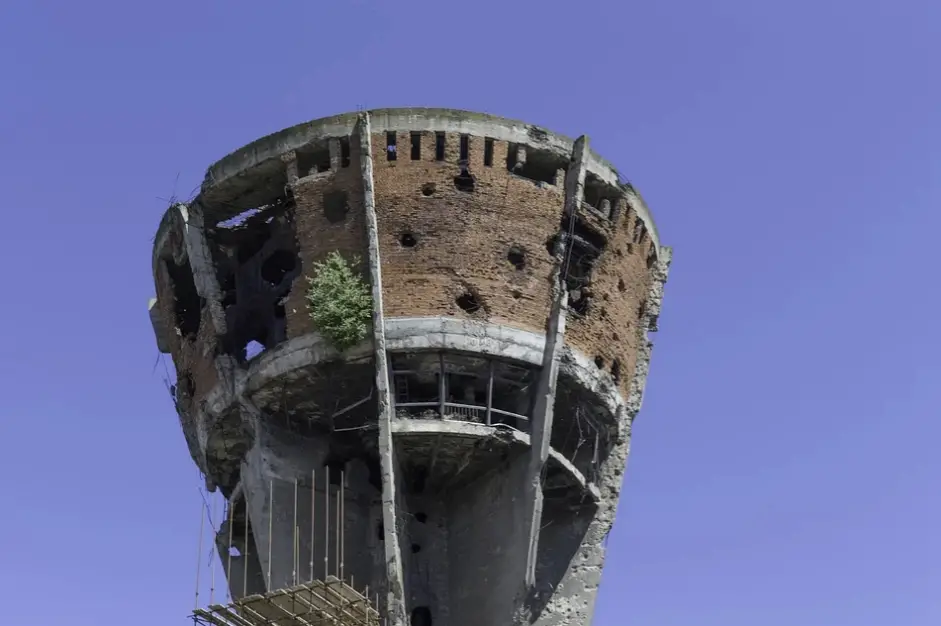
As Poslovni Dnevnik/Marija Brnic writes on the 9th of November, 2020, even following the implementation of operational and financial consolidation, Borovo still isn’t able to independently maintain and finance its current operations, and a new restructuring process is needed. Gordana Odor, president of the Borovo management board, stated this in her financial report for last year, the problems of which most often become a topic in the days when the anniversary of the fall of Vukovar is being marked.
Borovo and its privatisation is an extremely sensitive issue for the Croatian Government due to a number of circumstances, from the importance for the Vukovar region where Borovo is the largest employer with more than 600 employees, to the lack of interest of investors and the unresolved status of its property that remained inaccessible in the former republics of the former state, without the solution of which – everything obviously remains blocked.
The state is coming to Borovo’s aid, and with the loan insurance in 2018, it enabled the closing of the company’s obligations from its pre-bankruptcy settlement which was agreed in 2014 and mostly brought to an end. However, the repayment of the aforementioned loan of six million euros to Croatia bank has already been prolonged, and the adoption of the restructuring programme that the state requested from the Borovo management board when approving the guarantee has also been postponed.
The Borovo management board president has since confirmed that she has already submitted a request to the bank for an extension of the loan repayment, which, she says, is a possibility provided by the annex in the contract. As for the development of the restructuring programme, the first concrete step was finally made – a consultant was selected. The procedure was launched back in February, but, as Gordana Odor explains, due to the coronavirus pandemic and the subsequent lockdown, it had to be repeated and finally KPMG was selected to assess the company’s condition and make proposals for its restructuring.
A few years ago, when the government requested the development of a restructuring programme, it was intended to go into a recapitalisation in which the state would participate, because there was no serious interest from any investors in the procedure. At that time, the goal was to raise Borovo’s share capital of HRK 316.7 million by around HRK 90 million.
The development of the programme due to the EU guidelines on state aid implies the process of harmonisation and obtaining the approval of the European Commission, and for some reason the preparations for that have stopped, leaving Borovo in an unenviable position.
When asked which direction the new phase of Borovo’s restructuring will go, Gordana Odor answered that this will primarily be determined by the consultant’s assessments, and KPMG has already started preparations. The president of Borovo’s management board expects that this will primarily result in a realistic balance sheet, since Borovo has an unresolved property issue in the amount of HRK 150 million, of which a significant part is made up of inaccessible property, the resolution of which is subject to interstate agreements. As far as potential investors are concerned, there is no interest in conditions in which a major settlement is still awaited.
There are, in fact, many proponents of bankrupting Borovo, assuming that the production of footwear for the state isn’t a strategic activity, but as far as can be felt in government circles, the view is that the company’s regional importance provides a basis for supporting Borovo. The problem is the dynamics in the procedure and the slowness in making decisions, but to some extent at this moment Borovo is also helped by the fact that the business has been further disrupted by the coronavirus crisis. In particular, in the case of Borovo, revenues fell significantly in the retail segment this year, by as much as 28%, which the Borovo management board has explained as a direct consequence of the coronavirus crisis and the lockdown, as well as the reduction in consumer spending owing to fears of a deeper economic crisis.
However, the president of the Borovo management board also pointed out that even in such difficult conditions, they stil managed to compensate for a part of their reduced revenues with new significant contracts with larger wholesale customers. Owing to that, the decline in total revenues in 10 months was still mitigated at the level of 10% when compared to the same period last year.
”Borovo is operating in difficult conditions due to the current situation with the coronavirus crisis. We’re working at a reduced capacity, production is divided into two shifts due to the penetration of coronavirus into the company, we have introduced reduced working hours and the work of directing staff is divided into teams that don’t meet each other, all in an attempt to reduce contact,” added Gordana Odor.
Borovo is, by the way, the third largest producer of footwear here on the Croatian market. The only companies stronger than Borovo are HAIX from Mala Subotica, which generated a total of HRK 211 million in revenue last year, and Ivancica from Ivanec, which generated more than HRK 144 million in revenue. Last year, Borovo generated HRK 102 million in total revenues and recorded a decrease compared to the year before, when they were at the level of HRK 138 million.
For the latest travel info, bookmark our main travel info article, which is updated daily.
Read the Croatian Travel Update in your language – now available in 24 languages
Join the Total Croatia Travel INFO Viber community.







